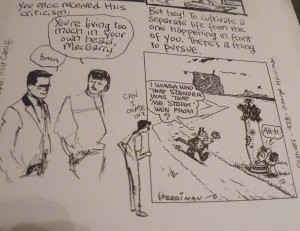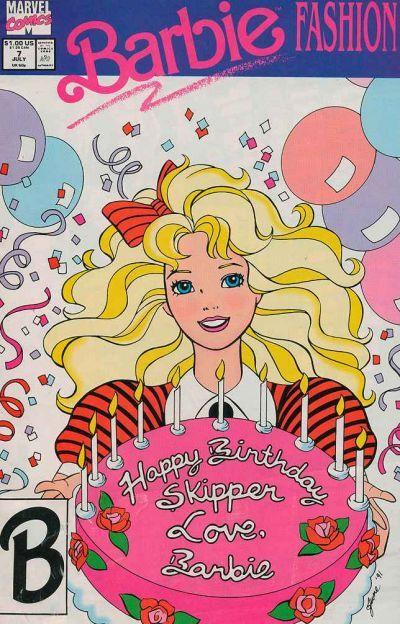On HU
Featured Archive Post: Jason Michelitch on Eddie Campbell’s After the Snooter.
Me on how Peter Jackson is too twitchy and so made Frodo paranoid and stupid.
Alex Buchet with a survey of the cartoons of G.K. Chesterton.
Ng Suat Tong on how the EC Comics are still not very good despite Eddie Campbell’s protests.
I compare Billie Holiday and Jack Kirby since Eddie Campbell asked me to.
Christopher Gavaler on the original Iron Man and other war machines.
Eddie Campbell on plot summaries and Nicki Greenberg’s graphic Hamlet.
Robert Stanley Martin explains why he prefers Eddie Campbell as a cartoonist to Eddie Campbell as a critic.
Jones, One of the Jones Boys pisses on Eddie Campbell from the heights of Mt. Parnassus.
Our weekly music sharing post features Uriah Heep’s Bird of Prey.
Utilitarians Everywhere
Bunch of articles at the Atlantic this week:
I confess that I’m a lazy parent.
I stage a cage match between Betty Friedan and Anne Bronte.
I ask why no one calls Beyonce is a genius.
I review Hitler’s Children, a documentary about the descendents of notorious Nazis.
At Splice Today I compare the shaming of Minami Minegishi of AKB48 to the shaming of Ann Wilson of Heart.
Also at Splice I review the soundtrack to Berberien Sound Studio.
Other Links
Apparently Wertham fudged his data.
Tom Spurgeon with a nice brief review of a T.Rex gag book.
Alan Jacobs on why he doesn’t like Watchmen.
Phoebe Maltz Bovy on rich girls and unpaid internships.
Laura Hudson on the (lack of) women in Star Wars.
This Week’s Reading
Kind of a crazy week; I didn’t manage to read much. Read this mediocre book about US involvement in Afghanistan that I’m supposed to be reviewing. And just started a collection of Anna Akhmatova’s poetry.







